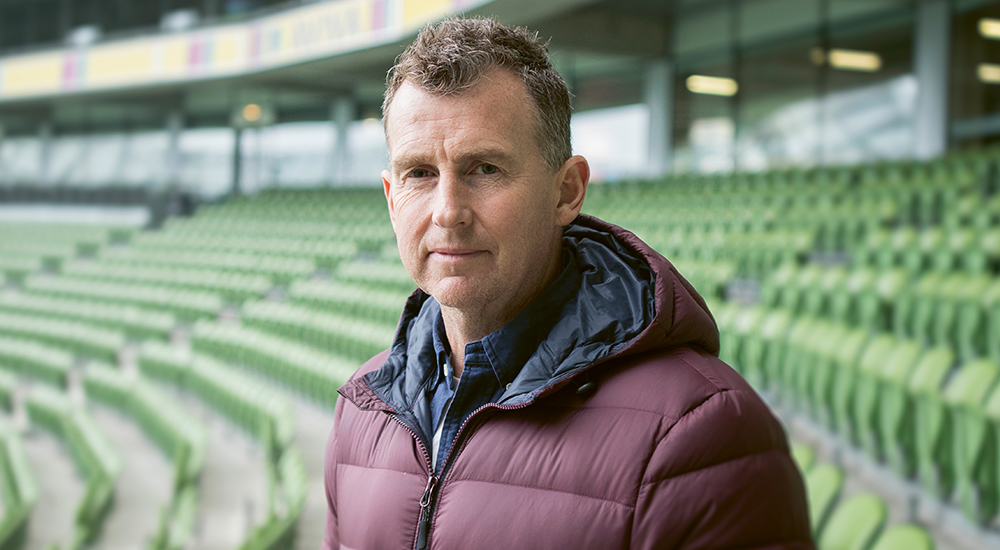In an interview with The Sun, Rugby referee Nigel Owens confides that he faced suicide when he was 11 following being bullied in school.
“I was suffering with mental health issues but there was a reason for that,” he says.
“The reason was taken away by a couple of mates at school who saw the bully picking on me one day and stood up for me.
“The bullying stopped like that,” Owens says, snapping his fingers, “and so did the depression.
“Whatever issues you have in life that’s causing depression, until you accept them it isn’t going to end.”
Nigel Owens is a living legend amongst fans of the sport, not only for his sporting career, the highlights of which include refereeing numerous Six Nations games, Heineken Cup games and World Cup Finals. Nigel is also a proud advocate and member of the LGBT+ community.
In the same interview, Nigel spoke about his experience accepting his sexuality.
“I got to a stage where when I experienced something with another man — which was not very often — afterwards I would feel ashamed,” he says.
“I would go and wash myself in the shower for hours and hours, thinking I want to get this dirt off me. I would wash myself until my skin cut.
“It got to such a dark place, I got so depressed, that I thought there was only one way out, and that is to end my life. That’s when I did something I will regret for the rest of my life.”
Owens ended up in intensive care following another suicide attempt from which he fell into a coma.
“My mum said to me, ‘If you ever do anything like that again then you may as well take me and your dad with you because we don’t want to live our life without you.’
“When you’re in that moment you don’t see it like that. You think the people left behind will be better off without me in their life, without this burden to look after me or deal with my depression.
“After I had the second chance, I realised what I had done and saw they’re not better off without me. That’s how I accepted who I was.”
In an interview with GCN earlier this year, he explains why he publically came out, becoming the first man in the sport to come out.
“I didn’t come out to be a trailblazer. It was the right thing to do for me at the time. It was just something I had to do, it was affecting my life,” says Nigel.
“The best advice I can give is do it because it’s right for you. You shouldn’t have to come out and live your life in public. That needs to be respected. Don’t do it because you hear people saying, ‘We need someone out in the macho world of rugby’, do it because it’s right for you.”
If you were affected by any of the issues highlighted in this article you can reach out to the following:
LGBT Helpline
T: 1890 929 539 | W: www.lgbt.ie
TENI Helpline (Transgender Support)
T: 085 147 7166 | W: www.teni.ie
Gay Switchboard
T: 01-872 1055 | W: www.gayswitchbaord.ie
Samaritans
T: 1850 60 90 90 | W: www.samaritans.ie
Aware
T: 1890 303 302 | W: www.aware.ie | E: [email protected]
Pieta House
T: 01-6010000 | W: www.pieta.ie | E: [email protected]
Mental Health Ireland
© 2019 GCN (Gay Community News). All rights reserved.
Support GCN
GCN is a free, vital resource for Ireland’s LGBTQ+ community since 1988.
GCN is a trading name of National LGBT Federation CLG, a registered charity - Charity Number: 20034580.
GCN relies on the generous support of the community and allies to sustain the crucial work that we do. Producing GCN is costly, and, in an industry which has been hugely impacted by rising costs, we need your support to help sustain and grow this vital resource.
Supporting GCN for as little as €1.99 per month will help us continue our work as Ireland’s free, independent LGBTQ+ media.
